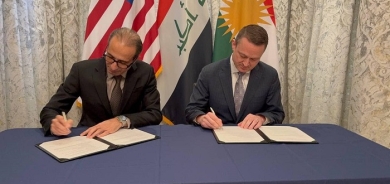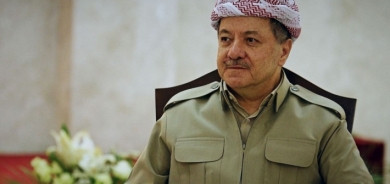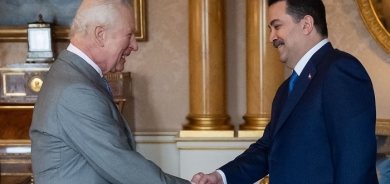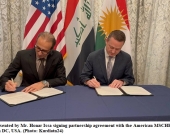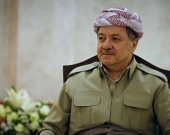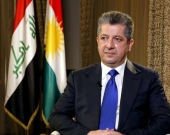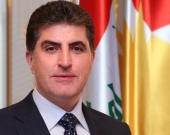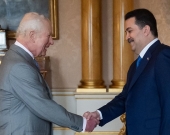Syrian opposition scrambles to save credibility ahead of peace talks

The Syrian opposition in exile met on Thursday to decide whether to attend a peace conference that the United States and Russia see as a crucial path to ending two years of civil war.
Under international pressure to swiftly resolve internal divisions, the Syrian National Coalition began talks in Istanbul to elect a coherent leadership and decide on the conference which could take place in Geneva in the coming weeks.
Coalition spokesman Khaled Saleh said the 60-member body supports "any conference that helps transition the situation into an elective government away from the dictatorship" but would not go to Geneva without indications that President Bashar al-Assad is on his way out.
Assad, who has defied Western and Arab calls for him to go, has not confirmed that his government would attend the peace talks.
The coalition has been rudderless since the resignation in March of Moaz AlKhatib, a respected Damascene cleric, who had floated two initiatives for Assad to leave power peacefully.
Washington has pressured the coalition to resolve its divisions and to expand to include more liberals who can act independently of Islamists.
"The international community is walking a little faster than the opposition. It wants to see a complete list of participants from the Syrian side for Geneva and this means that the coalition has to sort its affairs," a European diplomat said.
Haitham al-Maleh, an elder statesman of the coalition said the opposition was playing into Assad's hands by being weak.
"Expansion of the coalition will mean nothing if (the coalition) continues to be ineffective. What has the coalition done, can we work? Do we have a program?" he said.
Maleh said Assad was intensifying his military attacks in the centre and south of the country "so he could come to Geneva and say that the revolt is over".
Burhan Ghalioun, a strong candidate to become the new head of the opposition, said the coalition was likely to agree to go to Geneva because it did not want Assad to gain political advantage from the meeting, although, he said, it was unlikely to produce any deal for a transition of power.
Other possible candidates include Ahmed Tumeh Kheder, a prominent opposition campaigner from the eastern province of Deir al-Zor, which borders Iraq's Sunni Muslim heartland; Louay al-Safi, a professor who has taught in the United States; and acting coalition president George Sabra, a Christian who led pro-democracy demonstrations early in the uprising.
(Additional reporting by Yesim Dikmen; Editing by Robin Pomeroy)
By Khaled Yacoub Oweis and Ece Toksabay


